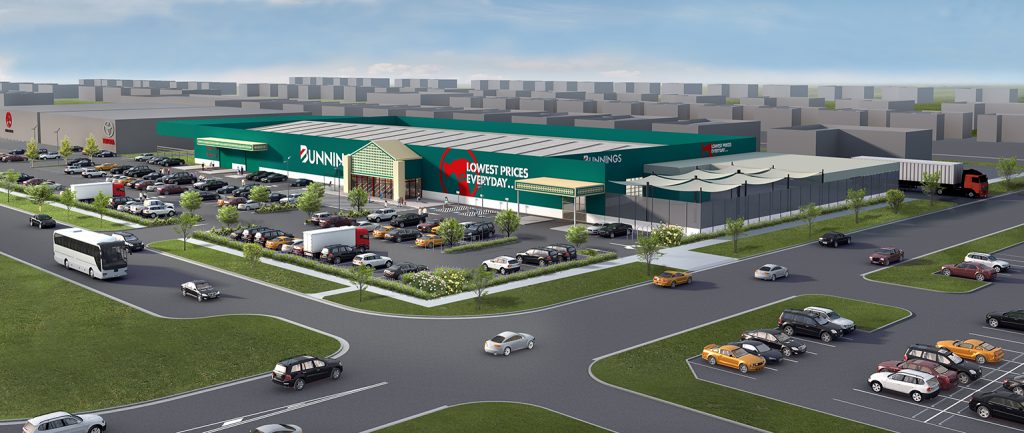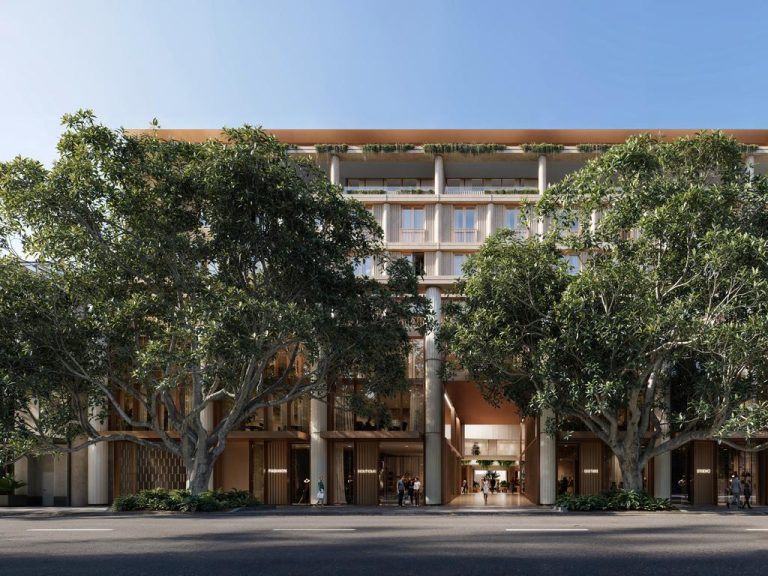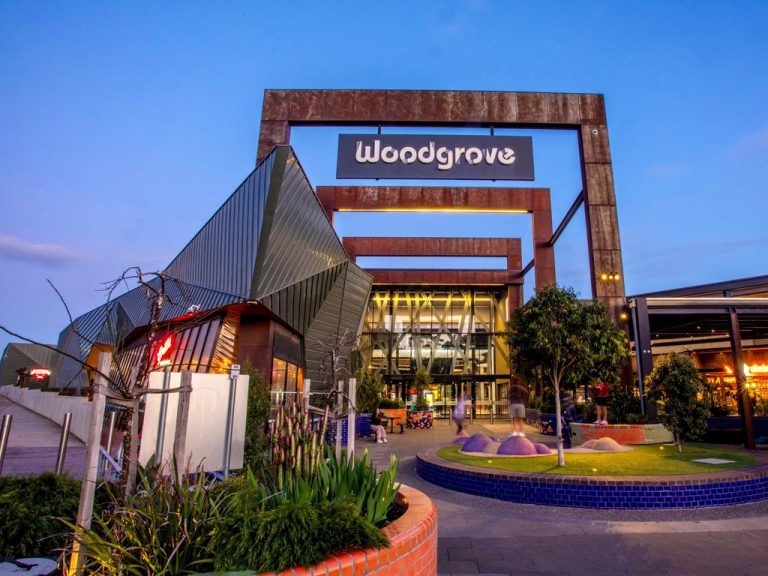Chinese buyer nabs off-the-plan Bunnings in record result

A new Bunnings Warehouse still months away from being completed in regional Victoria will be the first Bunnings to be owned by a Chinese investor, after selling on a record yield.
The off-the-plan store currently being constructed at Yarrawonga, in the state’s north, sold for $11.59 million, pushing the yield down to 5%.
It is understood to be the first time a Bunnings store in Victoria has sold on a yield as low as 5%, with 10 offers to purchase driving the price skyward.
First headquarters: Bank of China sets up Sydney fortress
It was also the first Bunnings store offered for sale in Victoria this year.
CBRE’s Justin Dowers, Mark Wizel, Kevin Tong and Joseph Du Rieu marketed the property, which includes 6863sqm store being built on a 1.46ha block of land, which will then be leased back to Bunnings.
The Yarrawonga store will come with an initial 10-year lease, plus further options, and will fetch a net annual income of $573,000. It will also feature 143 at-grade car parking spaces.

The new Yarrawonga Bunnings will be positioned in a major development precinct.
Wizel says the Bunnings sale – the first to a mainland Chinese investor – came amid increasing interest from Asian buyers.
“In the past 18 months we have seen more offshore investor enquiries on retail investment properties than ever before, with Asian parties accounting for an average of 36% of the enquires on CBRE’s retail campaigns,” Wizel says.
“It’s also noteworthy that offshore investors are enquiring on properties in regional locations and now have the confidence to buy in these areas.”
Dowers says a dearth of retail investment stock is driving investors to seek purchasing opportunities in regional areas.
“With the current environment characterised by a lack of premium retail investment stock, we are seeing an increase in demand for assets located in regional towns which are experiencing population growth and benefiting from government investment,” he says.







